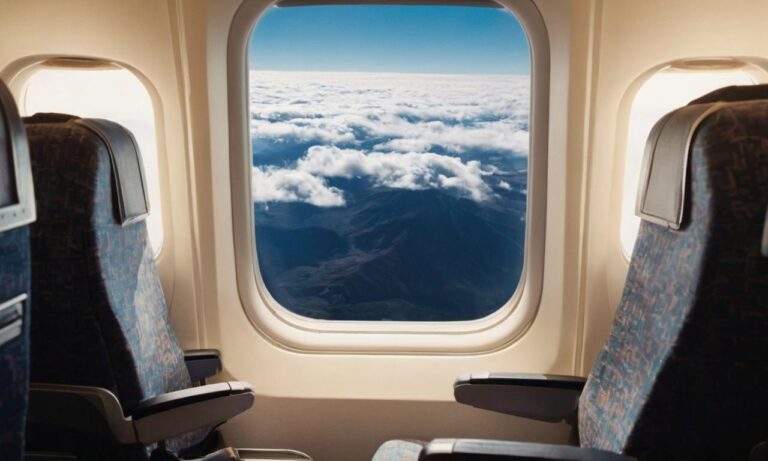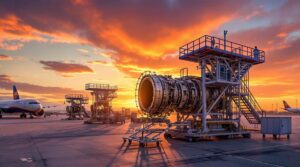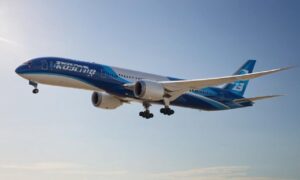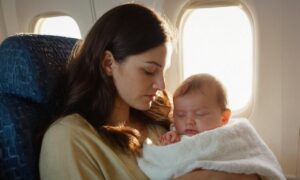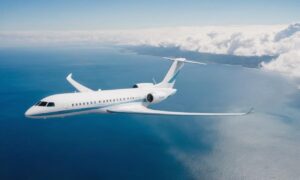In the current landscape of travel, one of the most pressing questions is whether wearing a mask on a plane is mandatory or advisable. Let’s delve into this topic to understand the nuances and necessities regarding masks while flying.
The Importance of Mask-Wearing on a Plane
When considering air travel, it’s vital to acknowledge that aircraft cabins are enclosed spaces where multiple individuals from various locations come together. This environment heightens the risk of airborne transmission of illnesses, including respiratory viruses like COVID-19.
Health organizations, including the World Health Organization (WHO) and the Centers for Disease Control and Prevention (CDC), recommend wearing masks in such settings to reduce the potential spread of infections.
Mask Policies by Airlines
Most airlines have implemented mandatory mask policies for passengers and crew members. These policies align with global health guidelines and are in place to safeguard the health of everyone on board.
Specific regulations might vary among airlines, including the types of masks accepted, such as surgical masks, N95 respirators, or cloth masks. Some airlines might provide masks for passengers who forget to bring their own.
Exceptions and Considerations
While mask mandates are widespread, certain exceptions exist, such as individuals with medical conditions that prevent them from wearing masks comfortably or safely. In such cases, passengers might need to provide medical documentation or make special arrangements with the airline.
Moreover, mask policies could differ based on destination countries or regions. It’s crucial to research and understand the requirements of both the airline and the destination before boarding.
Benefits of Mask-Wearing
Beyond the regulations, wearing masks on planes offers a layer of protection for oneself and others. Masks act as barriers, reducing the transmission of respiratory droplets that can carry viruses. This practice not only helps prevent the spread of illnesses but also promotes a sense of collective responsibility and solidarity among travelers.
Final Thoughts
Considering the global efforts to mitigate the spread of infectious diseases, wearing a mask on a plane is not only a recommendation by health authorities but also a measure of personal and communal safety. Compliance with mask mandates contributes significantly to the well-being of passengers and crew, fostering a safer and more secure environment for air travel.
The Science Behind Mask Effectiveness
Understanding the efficacy of masks involves delving into the scientific aspects. Different types of masks offer varying levels of protection due to their filtration capabilities. For instance, N95 respirators are designed to filter out a higher percentage of particles compared to cloth masks or surgical masks.
Studies have shown that properly worn masks significantly reduce the transmission of respiratory droplets, thereby curbing the spread of infectious diseases, not just on planes but in any enclosed space with close proximity among individuals.
Mask Maintenance Tips
Maintaining the effectiveness of masks involves proper care and handling. Regularly washing reusable masks with soap and water or following specific manufacturer guidelines for disposable masks ensures their efficiency. It’s important to avoid touching the mask frequently and to handle it by the ear loops or ties to prevent contamination.
Furthermore, ensuring a snug fit of the mask over the nose, mouth, and chin is crucial for optimal protection. Adjusting the mask to eliminate gaps and prevent air leakage enhances its effectiveness.
| Type of Mask | Effectiveness |
|---|---|
| N95 Respirators | Highly effective due to advanced filtration capabilities |
| Surgical Masks | Effective in blocking respiratory droplets |
| Cloth Masks | Offer basic protection when properly worn and maintained |
Frequently Asked Questions
- Can I Remove My Mask During the Flight?
While eating or drinking, passengers can temporarily remove masks, but it’s advisable to minimize this time and replace the mask as soon as possible. - Are Face Shields an Alternative to Masks on Planes?
Face shields may offer additional protection, but they aren’t a substitute for masks. Using both in conjunction can provide enhanced safety. - Do Children Need to Wear Masks?
Most airlines require masks for children above a certain age. It’s recommended to check the airline’s policy and prepare accordingly.

